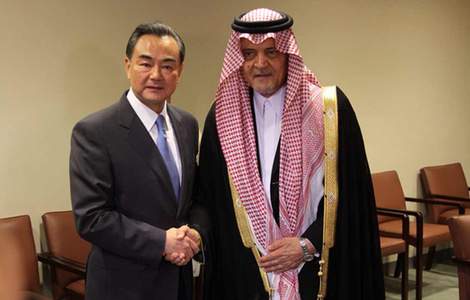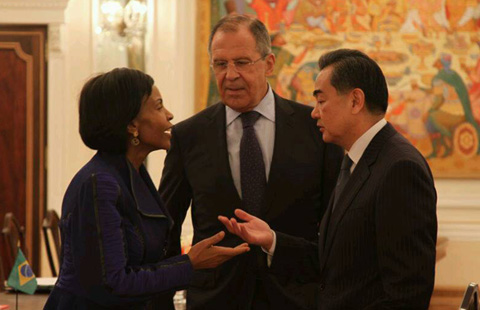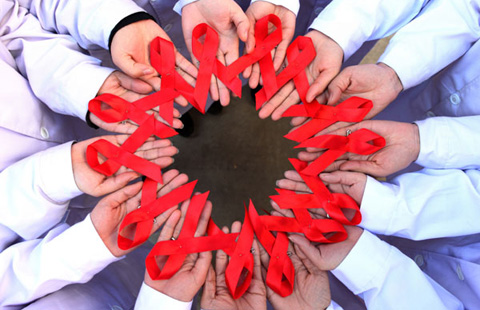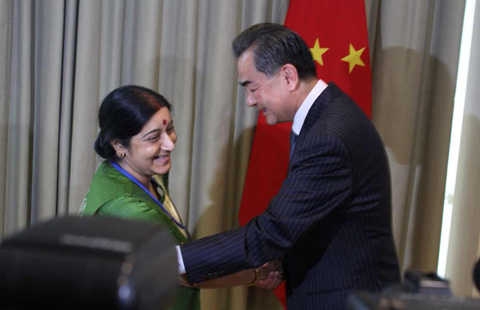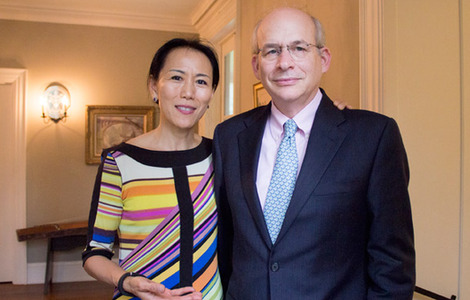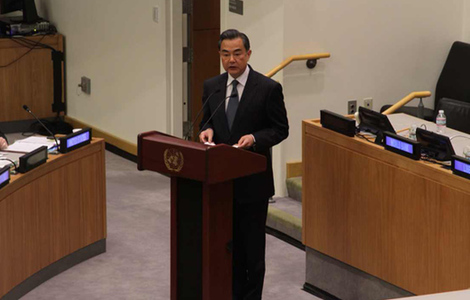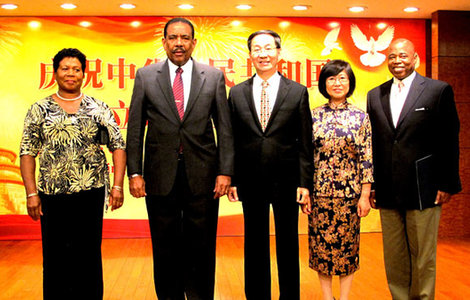Pepping up prevention
Updated: 2014-09-26 09:43
By Shan Juan(China Daily)
|
||||||||
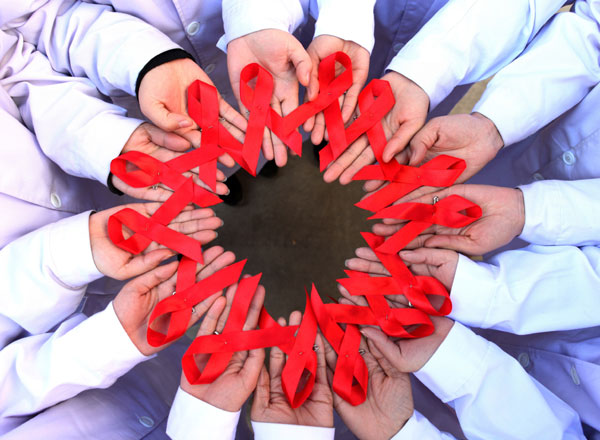 |
|
Volunteers from Lingbao, Henan province, hold red ribbons together to show their unity and determination to fight HIV/AIDS. The red ribbon is used as the symbol for the prevention of HIV/AIDS and the solidarity of people living with HIV/AIDS. Zhao Hua / Xinhua |
More are calling for HIV-prevention procedure amid rising infections among gay men, Shan Juan reports.
Non-governmental organization worker Yang Jie believes the authorities are overlooking an important weapon in their fight against the growing threat of HIV/AIDS.
Yang, who is the coordinator of the China Male Tongzhi Health Forum secretariat, an NGO committed to HIV/AIDS prevention among gay men, is advocating for universal access to an HIV-prevention procedure known as post-exposure prophylaxis (PEP).
"The gay community in China is in urgent need of PEP following exposure through sexual intercourse, citing ever-increasing infections among gay men via sex," Yang said.
PEP is a short-term (usually 28 days) anti-retroviral treatment to reduce the likelihood of HIV infection after potential exposure, either occupationally or through sexual intercourse. It should be provided as part of a comprehensive universal precautions package that reduces exposure to infectious hazards, under World Health Organization guidelines.
Currently, PEP is exclusively for accidental exposure at work such as those faced by medical professionals through needle pricks.
"Someone asking for intervention after exposure via sex would be turned away at most hospitals now," Yang said.
By the end of 2013 in China, gay sex accounted for 21 percent of the total HIV infections via sex, figures from a nationwide HIV/AIDS surveillance network showed.
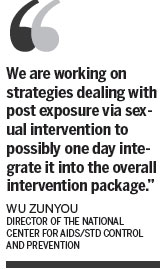
HIV prevalence among men having sex with men (MSM) has been increasing to hit 7.3 percent nationwide, compared with the national average of 0.087 percent.
Despite efforts to increase education, condom use also remained low, fluctuating between 40 and 50 percent, Yang said.
"The health authorities have not made any risk assessment and intervention guidelines for exposure via sex," Yang said. "A 28-day drug therapy could work to prevent infections and avert lifelong treatment, which is very costly. So what's the point of denying these people PEP?"
Even if the government cannot provide free PEP at once, "at least allow them access to the procedure at a price", Yang suggested.
Wu Zunyou, director of the National Center for AIDS/STD Control and Prevention, said in response: "We don't have implementation plans yet for PEP but will continue with relative studies and assessment.
"We are working on strategies dealing with post-exposure via sexual intervention to possibly one day integrate it into the overall intervention package."
Most Viewed
Editor's Picks

|

|

|

|

|

|
Today's Top News
China and US militaries work at building trust
Biz-Tech Forum in 2nd year
National Day celebrated
FM calls for action on Ebola
A warm-up for Paris meeting
Chinese donations to US lag behind
Extra points for exam over blood donation
100,000 officials were paid though they did no work
US Weekly

|

|
